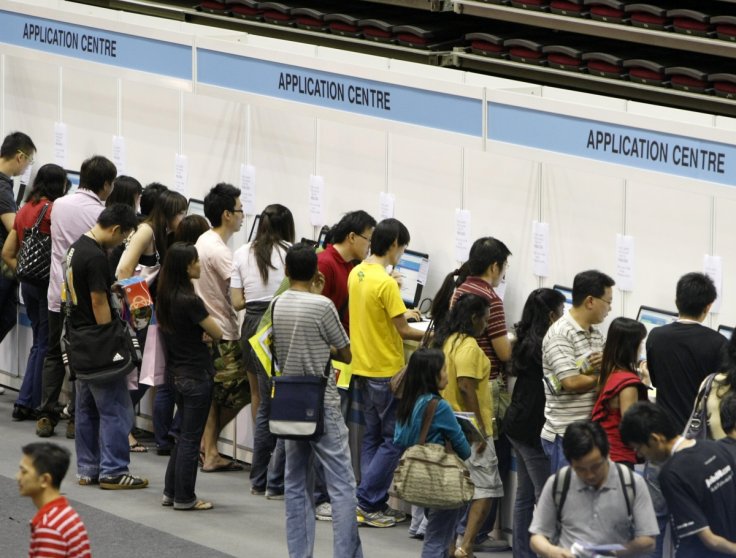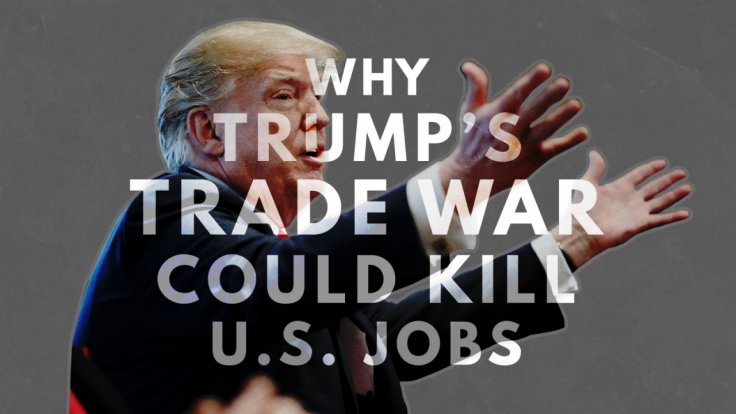
A number of tech companies in the U.S. have started to lay off employees, owing to trade tariffs. Moreover, tech companies have also slowed down on hiring amid the rising costs. The news comes ahead of an industry survey that is to be released on Wednesday.
U.S. tech companies have been one of the major casualties of President Donald Trump's trade war with China. U.S. tech companies are heavily dependent on China as most of them source raw materials and components from that country.
According to the survey conducted by IPC, an electronic industries trade association, 13% of the tech companies with operations in the U.S. were either cutting down on hiring or reducing manpower from their sites. Also, per the survey, many companies are moving out of
China. However, instead of moving back to the U.S. they are shifting to other low-cost countries to sustain themselves.
Tariffs have been taking a toll on major U.S. companies with operations in China. This hasn't even spared the tech giants, who have been driving the markets till 2017. Per the survey, 70% of the companies said that tariffs have hit their profits margins over the past two years and most of them have been sourcing their raw materials, components and equipment required for manufacturing from other countries.
Investors' confidence
Rising tariffs have been substantially increasing the operation costs for these tech companies, who don't see any solution in the near term. Many companies also said that it is increasing becoming difficult to sustain, as they cannot pass over the costs to customers to compensate for them.

The survey also says that one of five companies is that has U.S. operations is investing less in the United States owing to the increasing tariffs. The growing tariffs are also denting investors' confidence, with tech stocks taking a major beating over more than a year now.
Understandably, layoffs are the only solution that is left with the tech and electronic companies. The layoffs start at a time, when U.S. earlier this month U.S. unemployment rate fell to a 50-year low.









